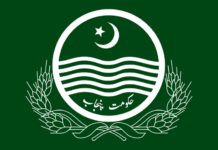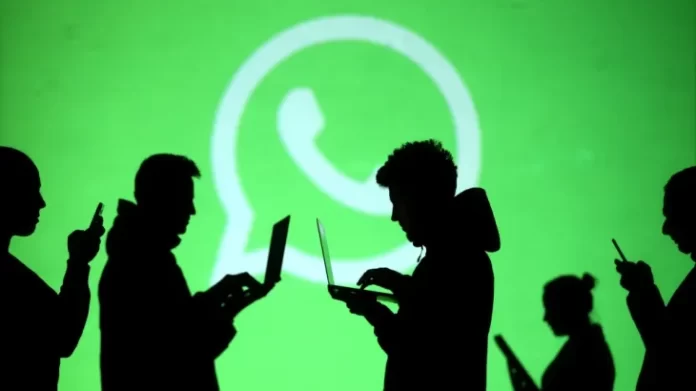WhatsApp accused Moscow of trying to block millions of Russians from accessing secure communication after calls on the messaging app were restricted, as Russia promotes home-grown social media platforms and seeks greater control over the country’s internet space.
Russia said on Wednesday that it had started restricting some WhatsApp, owned by Meta Platforms (META.O), and Telegram calls, accusing the foreign-owned platforms of failing to share information with law enforcement in fraud and terrorism cases.
Text messaging services and voice notes are currently unaffected.
A simmering dispute with foreign tech providers intensified after Moscow’s February 2022 invasion of Ukraine, with Russia blocking Meta’s Facebook and Instagram, slowing the speed of Alphabet’s (GOOGL.O) YouTube and issuing hundreds of fines to platforms that failed to comply with Russian rules on online content and data storage.
“WhatsApp is private, end-to-end encrypted, and defies government attempts to violate people’s right to secure communication, which is why Russia is trying to block it from over 100 million Russian people,” WhatsApp said late on Wednesday, vowing to continue trying to keep encrypted services available in Russia.
Telegram said it actively combats the harmful use of its platform, including calls for sabotage or violence and fraud, and that moderators use AI tools to remove millions of malicious messages every day.
In July 2025, WhatsApp’s monthly reach in Russia was 97.3 million people, compared to 90.8 million for Telegram, according to Mediascope data. Third-placed VK Messenger, an offering from state-controlled tech company VK (VKCO.MM), reached 17.9 million people.
Russia has a population of more than 140 million people.
Online monitoring services Downdetector and Sboy reported surges in internet users complaining about poor WhatsApp functionality. In Krasnodar, a region in southern Russia, local media also reported a drop-off in mobile connectivity.
A public Telegram group of Krasnodar taxi drivers was inundated on Thursday with complaints about poor mobile connectivity, with many drivers unable to use online maps to navigate.
“What should I do, there’s no map,” a driver named Sergei asked the 3,700 others in the forum.
“Download offline maps,” Alexei, another driver, suggested. “For the future.”
Steady degradation
Russia banning WhatsApp and Telegram users from making calls comes as the government is actively promoting a new state-controlled messaging app, MAX, that will be integrated with government services and which critics fear could track its users’ activities.
Senior politicians are migrating to MAX, urging their followers to join them.
Anton Gorelkin, a leading regulator of Russia’s IT sector in parliament, said he would post to his MAX followers first and noted that many other lawmakers would soon follow suit.
“Ultimately, they want to control users and the information they receive,” said Mikhail Klimarev, director of the Internet Protection Society, a Russian digital rights group.























